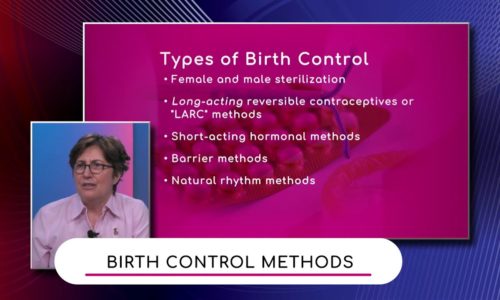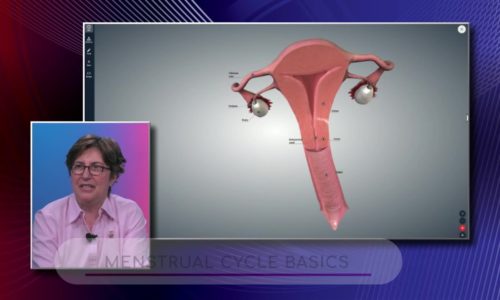Pregnancy: Types of Placenta |
Placenta accreta is a serious pregnancy condition that occurs when the placenta grows too deeply into the uterine wall. Dr. Robert Feldman, Chief and Medical Director of Obstetrics and Gynecology with Baptist Health South Florida, explains the different types of placenta and its conditions and complications during the pregnancy.
Transcript
Now the sense accreta is a serious pregnancy condition that occurs when the placenta grows too deeply into the uterine wall and approximately 1 in 2,500 pregnancies experience placenta accreta in crete a– or percreta now Dr. Feldman is standing at our BioDigital screen to explain a Dr. Felmy let’s break these three down what are we looking at here okay so first here’s there here’s the baby here’s the placenta and the uterine wall here’s a scar from a previous cesarean section okay so if we look right here here’s normal placenta we have the nice little layer right here called a layer of Nita buck and what that does is that separates where the placenta is from the uterine cavity from the uterine wall now in placenta accreta what happens is the placenta burrows into the wall and so right here if we take a look right here here’s the Latin normal lining of what we would see down here you can see the placentas burrowed right through it’s eaten through almost like finger like projections goes all the way through now this would be placenta accreta so placenta in Krita would be all the way through here to all the way to the outside and percent placenta percreta would be it ruptures through the outside of the uterine wall and then goes into surrounding structures such as the bladder or the intestines you.








